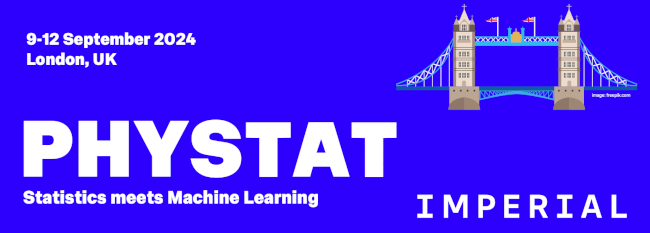Speaker
Rahul Srinivasan
Description
Using floZ, an improved Bayesian evidence (and its numerical uncertainty) estimation method based on normalizing flows, we estimate the Bayes factor in favor of gravitational wave overtones in the ringdown of the first detection. We find good agreement with nested sampling. Provided representative samples from the target posterior are available, our method is more robust to posterior distributions with sharp features, especially in higher dimensions. I propose a metric to evaluate the flow training completion using the latent space map of the posterior samples. Finally, I introduce a nested flow technique for improved density estimation.
